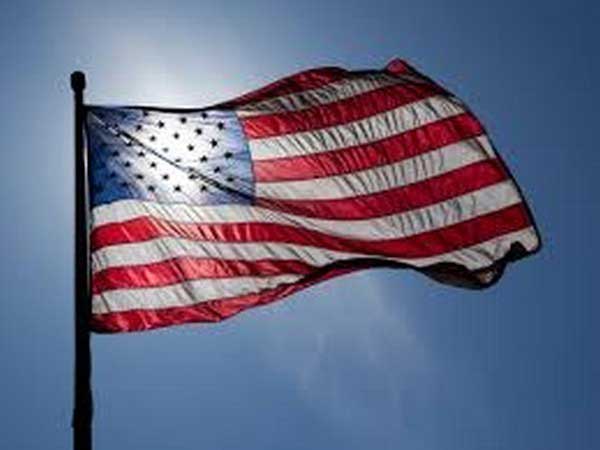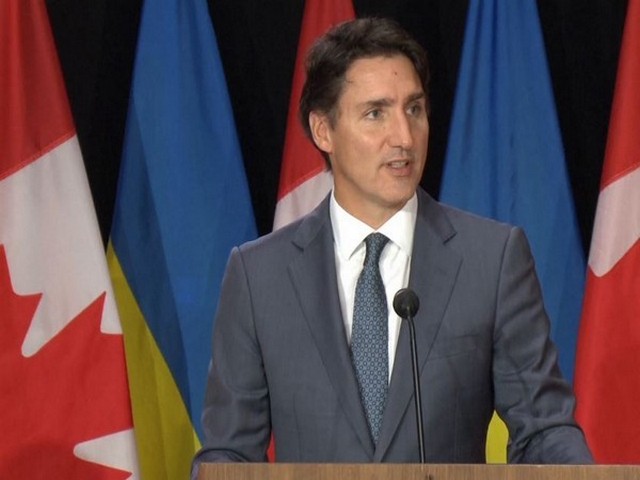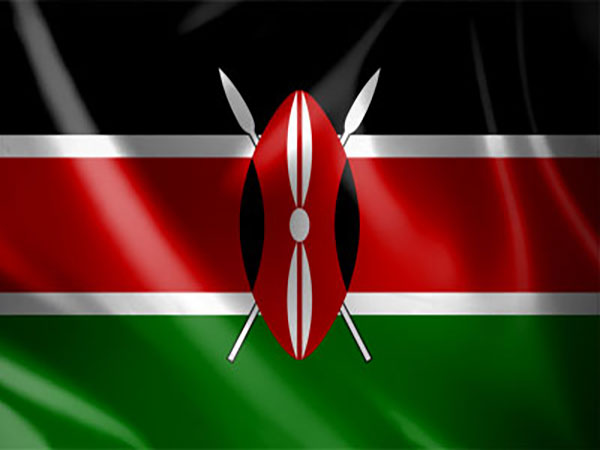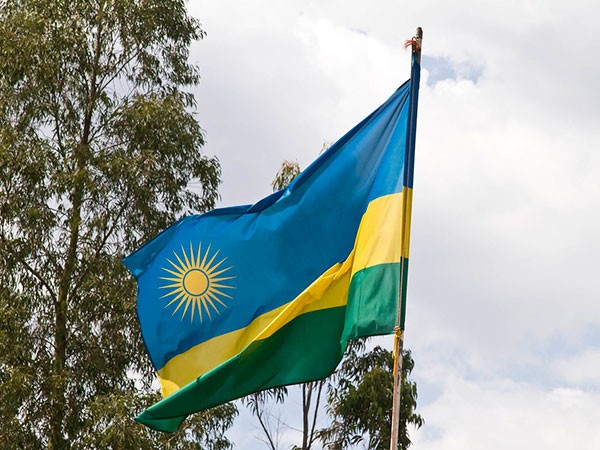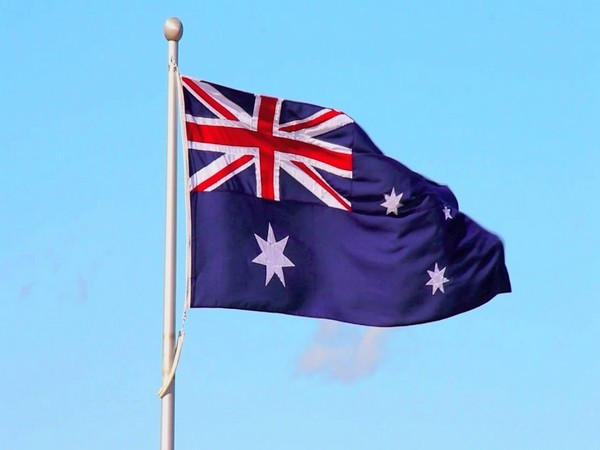
Alcohol limited in Australian town due to violence
Jan 25, 2023
Canberra [Australia], January 25: An outback Australian town has re-imposed a controversial policy directed at Aboriginal communities that restricts the sale of alcohol.
Under the new restrictions, no takeaway alcohol will be sold in Alice Springs - about 450km northeast of Uluru - on Mondays or Tuesdays.
Alcohol can also only be sold between 15:00 and 19:00 on all days except Saturdays.
A previous ban ended in mid-2022 after it was deemed as racial discrimination.
The leader of the Northern Territory, Natasha Fyles, said the measures were imposed to protect families and children across the town as the town experiences a significant increase in violence.
Ms Fyles said data showed alcohol-related harms had risen since the last alcohol ban ended in July 2022.
In the 12 months to November 2022, there were 2,653 assaults in a town of roughly 25,000 people, the Northern Territory government's crime statistics found.
Alongside the restrictions on alcohol, more than 25m Australian dollars (£14.2m) for community services - including women's services, police funding and CCTV safety lighting - was announced.
Located in central Australia, a fifth of the citizens of Alice Springs are indigenous Australians.
Australian Prime Minister Anthony Albanese visited the town on Tuesday alongside senior Aboriginal politicians, including MP Linda Burney and Senator Pat Dodson.
He said the measures were implemented to try to address broader social inequalities affecting First Nations people.
"Today's decisions are in the context of the gap that exists in health outcomes, housing outcomes, life expectancy, incarceration rates between indigenous and non-indigenous Australians," Mr Albanese said.
After meeting police, politicians and community leaders in the town, he said the government would consider a series of legal changes in early February, including a system where communities would need to opt out of alcohol bans.
Mr Albanese's visit comes as his government launches a referendum for an Indigenous Voice to Parliament.
The Indigenous Voice to Parliament would recognise Aboriginal people in the constitution and create a permanent voice in parliament that would be consulted on issues affecting the Aboriginal communities.
Source: Fijian Broadcasting Corporation
